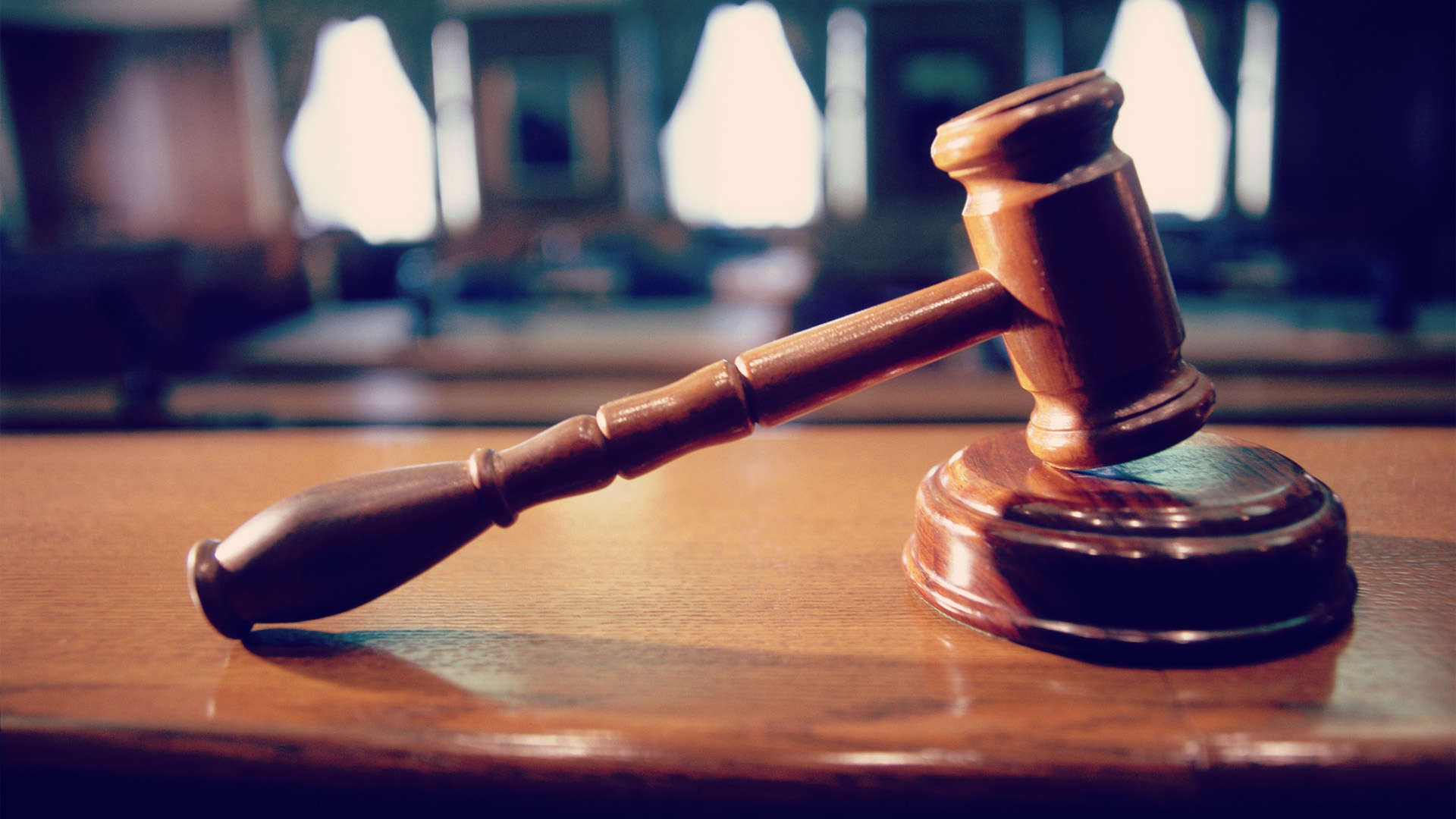CASE STUDY: Relationship Between Virginia’s Implied Consent Statute and Search Warrant in DUI Trial Win
By admin | | Articles, Case Study, Criminal, DUI

The Case Facts
Our firm recently handled a DUI case with an unusual fact pattern. Our client was charged with driving under the influence pursuant to Virginia Code 18.2-266 with an enhanced blood alcohol level greater than .20. The arresting officer had reasonable suspicion to initiate the traffic stop and probable cause to arrest was not disputed due to our client’s driving behavior and marijuana found inside the vehicle. Our client refused to take any field sobriety tests and was not offered a preliminary breath test. Once the officer made the arrest for DUI, the officer testified that he had a conversation with our client in the police car and our client refused to agree to take a blood or breath test. After this “refusal” the officer obtained a search warrant from the magistrate to obtain a blood sample from our client at a local hospital. The blood was drawn and sent off to the state lab for analysis. Our client was then transported back to the magistrate’s office where the warrant for DUI was issued.
This fact pattern raised some very interesting issues pursuant to Virginia implied consent law. Under Virginia Code 18.2-268.2, a driver is deemed to have consented to a chemical test to determine his blood alcohol level simply by operating a motor vehicle on a Virginia highway. Under Virginia Code 18.2-268.3, there are certain procedural steps which the officer must follow that include:
(1) reading the defendant the implied consent law’s requirements and the consequences of refusal of the chemical test;
(2) if the defendant refuses, taking the defendant before a magistrate;
(3) once before the magistrate, advising the defendant of the implied consent law’s requirements; and
(4) if the defendant again refuses to submit to the chemical test, the defendant shall acknowledge his refusal in writing on a form provided by the Supreme Court (or he may refuse to sign the form) and no sample shall be taken.
The magistrate then certifies these facts on the same form and the defendant may be charged with unreasonable refusal of a chemical test in violation of Virginia’s implied consent laws.
What Happened in this Case
In our case, the officer never advised our client of the implied consent law’s requirements or the consequences of refusal. Our client was never taken before the magistrate to be advised of the Virginia implied consent law and was never asked to sign the required form. The officer ignored the implied consent law and immediately obtained a search warrant for the defendant’s blood after the arrest.
Our Defense
Our argument at trial was simply that the officer did not follow the procedural requirements of Virginia’s implied consent law as set out in the Virginia Code and cases such as Cash v. Commonwealth, 251 Va. 46 (1996). In addition, under Sprouse v. Commonwealth, 53 Va. App. 488 (2009), the remedy for the officer’s failure to comply with the implied consent law is that the certificate of analysis is inadmissible at trial. The prosecutor argued that the requirements of implied consent are only applicable when a defendant is charged with unreasonable refusal of a chemical test under Virginia Code 18.2-268.2. Ultimately, the judge agreed with our argument and the certificate of analysis did not come into evidence. Because the certificate of analysis did not come into evidence, there was no presumption that our client was under the influence. The prosecutor still attempted to prove that our client was under the influence using the client’s driving behavior and other indicia of intoxication noted by the officer such as slurred speech and bloodshot eyes. Because our client refused to perform the field sobriety tests, there was not enough additional evidence of intoxication to prove impairment beyond a reasonable doubt and the charge was dismissed.
DUI Cases Moving Forward
Search warrants in DUI cases are being used more frequently and issues like these will continue to come up as police departments trend toward the “No Refusal” movement.
If you have been charged with a DUI in Southwest Virginia, including Carroll County, Grayson County, the City of Galax, Wythe County, or Bland County, contact our attorneys at The Jackson Law Group, PLLC by email at info@tomjacksonlaw.com or by phone in Hillsville at 276.728.3737 or in Wytheville at 276-777-7609.